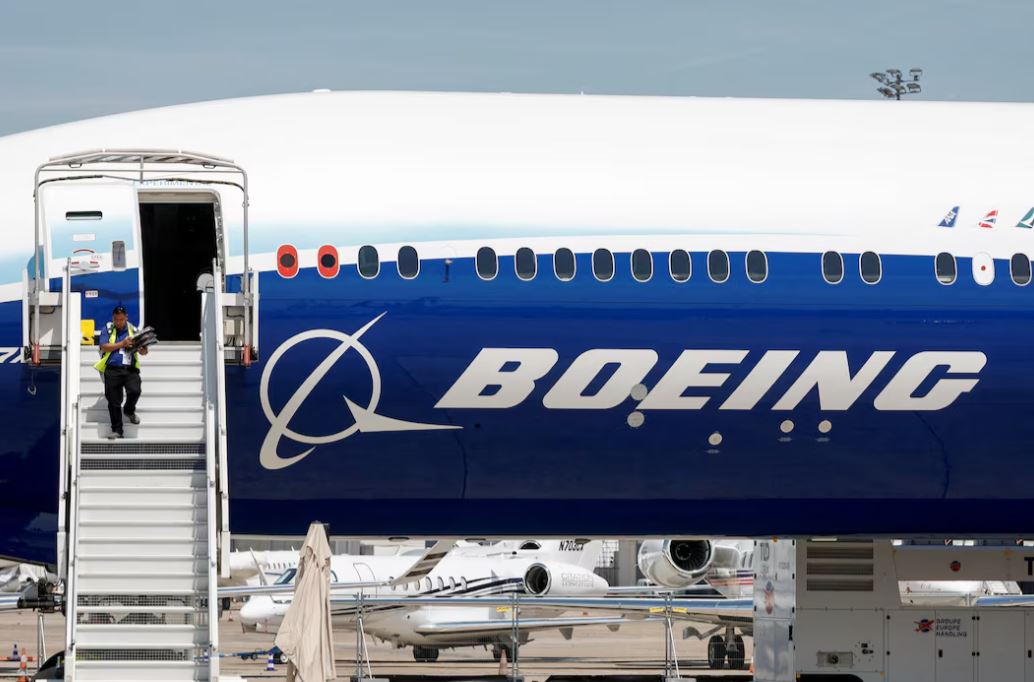Boeing has announced plans to lay off more than 2,500 workers across four U.S. states as part of a broader initiative to slash 17,000 jobs, equivalent to 10% of its global workforce. The layoffs will impact employees in Washington, Oregon, South Carolina, and Missouri, according to federally mandated filings and union officials.
The majority of layoff notices – approximately 2,200 – were issued to workers in Washington, where Boeing assembles many of its commercial aircraft. Another 220 notices were sent to employees in South Carolina. Workers have been informed they will remain on the company’s payroll until January 17 to meet federal requirements that mandate a 60-day notification period.
Boeing declined to comment on the layoffs but had previously signaled workforce reductions through attrition, selective hiring freezes, and the potential sale of subsidiaries.
Despite the layoffs, Boeing’s stock rose 2.6% on Monday, closing at USD 143.87. Industry observers had anticipated the announcement of Worker Adjustment and Retraining Notification (WARN) filings this month, with another round expected in December.
The job cuts come as Boeing faces challenges restarting production of its top-selling 737 MAX after a recent strike by over 33,000 West Coast workers disrupted the output of most of its commercial jets.
Among those affected, hundreds are engineers and production workers. The Society of Professional Engineering Employees in Aerospace reported that 438 of its members received notices last week, including 218 engineers and 220 technicians. The International Association of Machinists and Aerospace Workers in St. Louis confirmed 111 members received notices, many involved in manufacturing components for the 777X.
The layoffs appear to vary significantly across teams. One Boeing Defense, Space & Security employee reported that nearly all members of his 12-person team were let go, while another stated she was the sole member of her 20-person team to receive a notice.
The cuts reflect Boeing’s efforts to stabilize operations under new CEO Kelly Ortberg, who previously indicated that production and engineering would remain largely unaffected. However, the layoffs suggest deeper impacts across key manufacturing hubs as the company navigates significant financial and operational challenges.



